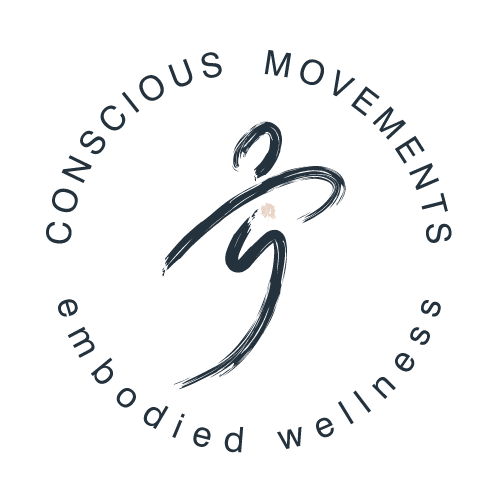blog
body-mind
Move Into Mindfulness
My own experience with becoming more mindful was genuinely uncomfortable. Every single thought seemed to echo in my physical being. I was amazed to discover how unconscious conditioning ruled both my perceptions and sensations. I decided very early on that working directly with my mind through mindfulness and meditation, was just as important as working with the history trapped in my physiology.
Satisfied vs. Full
When we think about being mindful of eating until well before we are stuffed, we often think about noticing when we begin to feel full. But actually, this practice starts well before you even sit down at the dinner table.
Tuning in to your body's cues and not feeling deprived go hand-in-hand.
More Movement. Less Exercise
There is no life without movement. From the blood that pulses through our veins to the actions required to gather and consume food, your mind and body are intimately connected. And while your brain is the master control system for your body’s movement, the way you move can also affect how you think and feel.
Some of the functions for movement are obvious — like hunting and gathering. Other critical aspects of movement may be less obvious — like the way movement acts as an extension of your cardiovascular system or primary pump for your lymphatic system. And then, there are all the other ways movement impacts you emotionally, mentally, and socially.
There’s a lot I could say about movement. But for today, we'll focus on the importance of moving more in everyday life.
Movement Of Emotions
Recently a student approached me at the end of class and asked me if experiencing strong emotions while doing Awareness Through Movement was normal. My answer: “Yes.” Emotions don’t surface all of the time, but it does happen, and the intensity of the experience can vary.
When I first started reading Moshe Feldenkrais’ books nearly 25 years ago, I was utterly obsessed with the mind-body connections—specifically how I could shift my emotional base and perspectives by working with my body. I consumed his writings along with those of Ida Rolf, Alexander Lowen, and books like Emotional Anatomy.
Mindful Movements in Laundry Moments
Are you moving through your day without fully living? It is easy to pass through daily activities and wait for something to happen — to wake us up and grab our attention. I have fallen into this mindless trap, caught in a place where I feel as if my subconscious was always preparing for something else.
One way to fully live today is by being mindful and practicing a bit of everyday awareness. I realize this is easier said than done — awareness is a habit that’s not easily picked up. So, I thought I would share with you one of my favorite mindfulness rituals to help you appreciate the mundane and to live more fully into the moment.
Awareness reMINDers
I don’t know about you, but I like to keep busy. And when I’m not out and about, my thoughts tend to be all over the place.
Topping it off, my memory isn’t what it used to be! So trying to get things accomplished was tough. Especially when it came to remembering my Feldenkrais goals, the most important ones needing my attention.
The question became: How could I trigger my awareness to help focus on what I wanted to do each day?
From Frost To Feldenkrais
Every once in a while, I find one of those quotes that has a way of working me – shifting me slowly but consistently over time — echoing in everything that I do. Somehow the Robert Frost quote from A Servant’s Servant has been one of those unique passages that continue to whisper to me when my motivation is low, and my curiosity has waned.
A Conscious Commute
Are you one of the many that commute to work every day. I do. My office is nearly 25 minutes from my home. At first, I dreaded the commute, but now I LOVE it.
You see, I figured out that this time is a FANTASTIC opportunity to practice a bit of mindfulness. Plus, it has blessed me with the time to develop several simple everyday awareness practices that can help you reduce your stress and find greater comfort. Now, doesn’t that sound like a nice way to start and end your workday?








